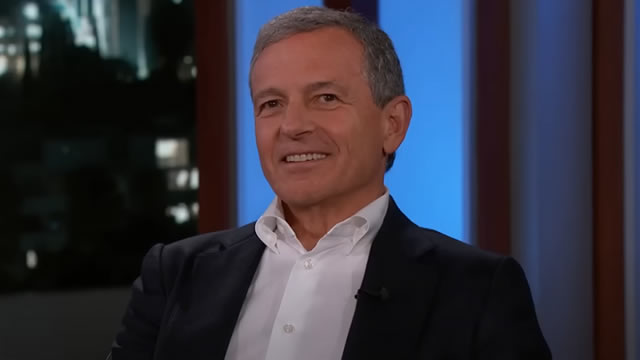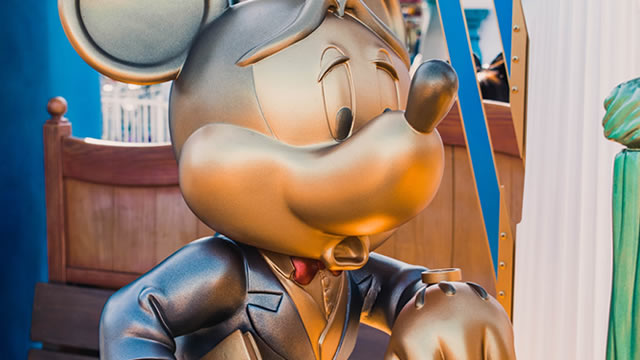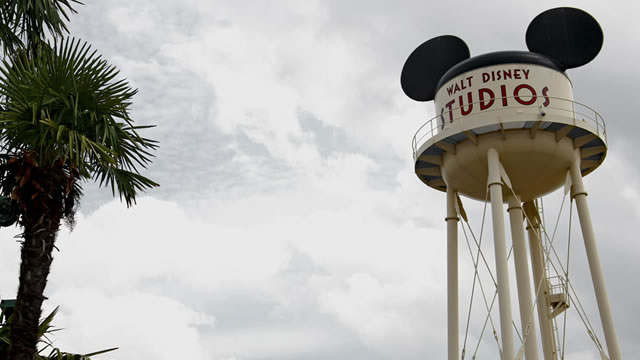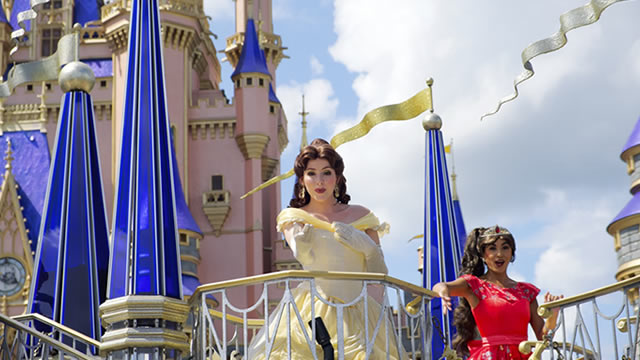DIS Stock Recent News
DIS LATEST HEADLINES
Wondering how to pick strong, market-beating stocks for your investment portfolio? Look no further than the Zacks Style Scores.
DIS leverages ESPN, Hulu and rising engagement to outshine ROKU's ad-tech gains in the race for streaming ad dollars.
AEM, DIS, ADBE and XYL show strong sales growth and solid cash flow, offering resilience in a volatile market.
BURBANK, Calif.--(BUSINESS WIRE)--The Walt Disney Company (NYSE: DIS) will host a live audio webcast to discuss fiscal third quarter 2025 financial results beginning at 8:30 a.m. ET / 5:30 a.m. PT on Wednesday, August 6, 2025. Disney will release results before the opening of regular trading on August 6, 2025 and post earnings materials at www.disney.com/investors. To listen to the webcast, please visit www.disney.com/investors. The webcast will be archived. Materials and webcast may include fo.
On a day when the S&P 500 hit a fresh record high, Disney Inc. NYSE: DIS gave its investors something to cheer about by hitting a multi-year high of its own. Monday's session saw the stock print its highest level since August 2022, as it looked finally ready to break out of the multi-year range it's been trapped in.
Does Walt Disney (DIS) have what it takes to be a top stock pick for momentum investors? Let's find out.
The Walt Disney Company (NYSE: DIS) has fully acquired Hulu from Comcast for $467 million, signaling a strategic push to solidify its position as the leading multi-brand streaming provider behind Netflix (NASDAQ: NFLX) and Amazon (NASDAQ: AMZN).
Shares of Walt Disney (DIS -0.96%) enter July with a head of steam. The media giant's stock hit fresh 52-week highs in each of the last three trading days in June.
The Zacks Style Scores offers investors a way to easily find top-rated stocks based on their investing style. Here's why you should take advantage.
Disney (DIS) is at a 52-week high, but can investors hope for more gains in the future? We take a look at the company's fundamentals for clues.









